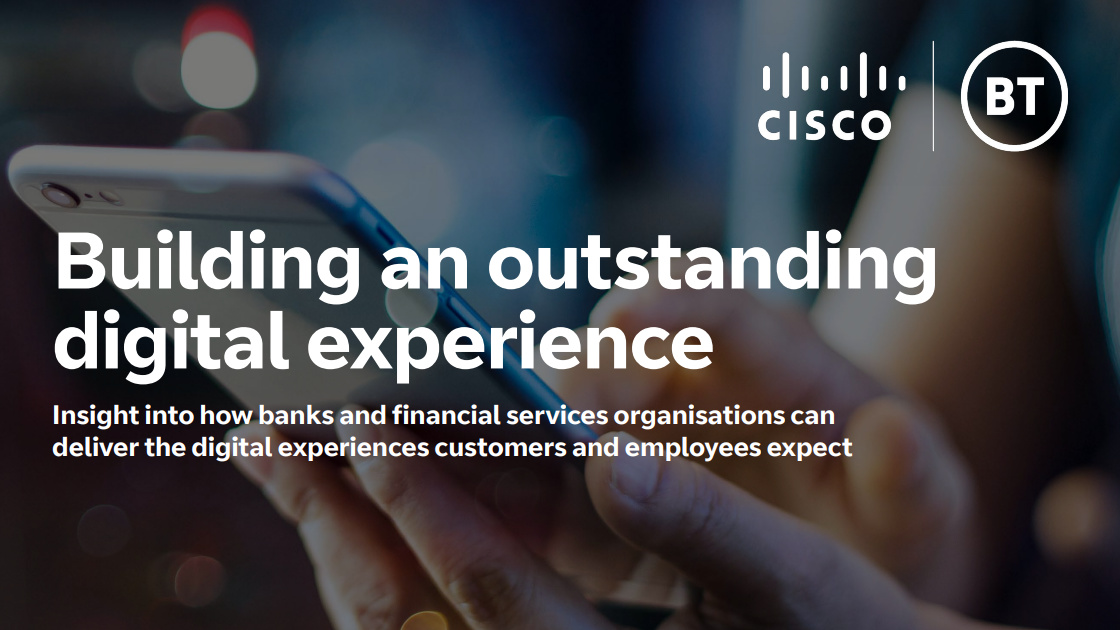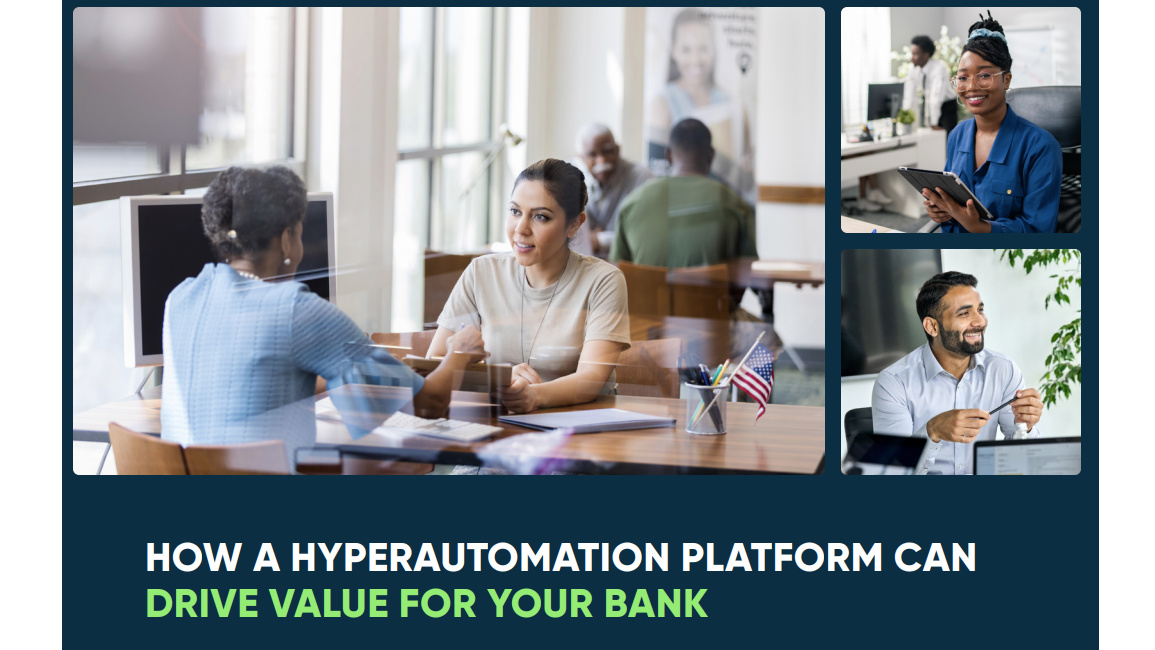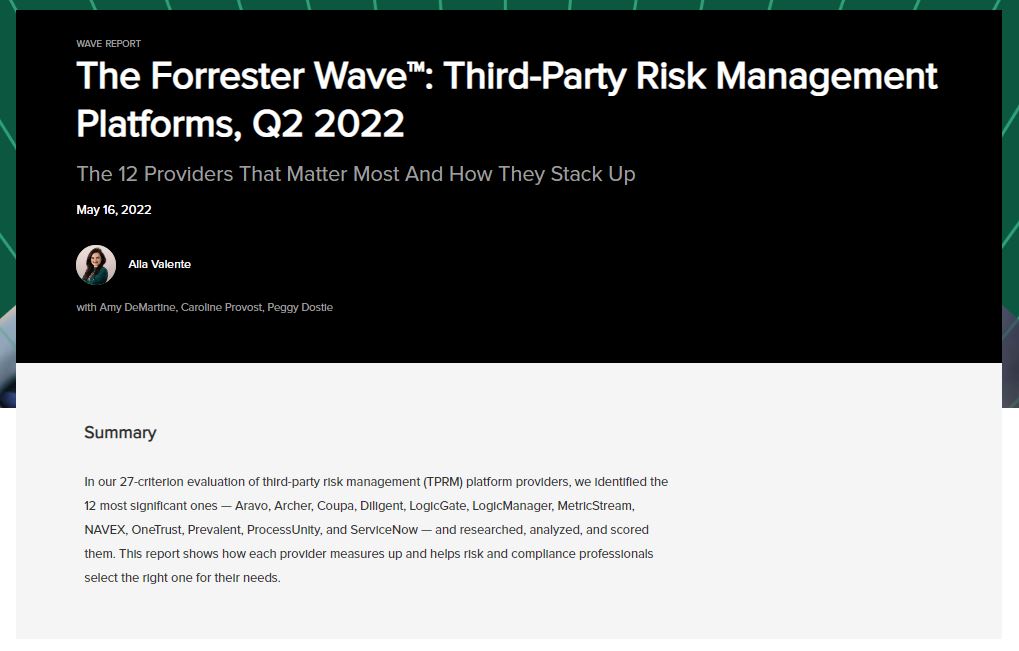Enterprises buy 50% of their software without direct IT involvement
What effect is the consumerisation of IT having on businesses?


The consumerisation of technology goes across all technology types. The recent boom in smart home devices is fuelling growth in IoT, but how is this driving buying decisions in businesses?
The consumerisation of IT has led to more business departments - whether HR, marketing or finance - making purchasing decisions on cloud solutions, according to consulting firm Intrinsic Technology.
This can lead to lots of different systems running in silos. In turn, this is counter-intuitive for the CIO, who effectively takes on a supply management role, and who has to fight to augment disparate systems to ensure they are interoperable.
With processes such as shadow IT taking a grip on companies, some business teams are now making technology decisions without the CIO, which can cause them to lose control of the IT and end up with issues such as information sprawl.
In a recent survey of 850 software decision makers, Forrester found that on average, enterprises buy 50% of their software without direct IT involvement. The survey also found that managers outside IT perform too little due diligence on software suppliers' security, and fail to negotiate vital protection into SaaS contracts.
"We've seen several organisations facing 30% price hikes from SaaS providers because the manager who placed the order didn't secure a price commitment beyond the initial contract term," said Duncan Jones, vice president and principal analyst at Forrester.
"We've seen others who faced a ransom to get their data back if they did not renew their contracts, because the manager hadn't considered that eventuality."
Get the ITPro daily newsletter
Sign up today and you will receive a free copy of our Future Focus 2025 report - the leading guidance on AI, cybersecurity and other IT challenges as per 700+ senior executives
Some technology management groups are trying to stem this tide, while others are simply hoping they won't get blamed for subsequent problems.
Trusted expertise is needed
One of the biggest pitfalls businesses face is jumping in feet-first, without doing the groundwork to create a clear strategy and understand how the implementation of new technology will impact the wider IT estate. There are opportunities here for the channel to provide trusted expertise and advice to end user organisations.
Many providers, including AWS, LinkedIn and Slack, have had success selling direct to enterprise employees. This method avoids expensive enterprise software sales processes, but it also requires good, automated processes for user engagement.
Vendors adopting this model should ensure they have customer-friendly contracts that enterprises can accept without having to negotiate multiple concessions. This reduces friction in the sales process, and reduces the risk of corporate groups vetoing the business manager's choice of product.
With 27% of final decisions now being made by a different group or person other than the IT department, IT channel vendors should look to adapt their business models and sales strategies to their new buying audience.
Picture: Bigstock
Esther is a freelance media analyst, podcaster, and one-third of Media Voices. She has previously worked as a content marketing lead for Dennis Publishing and the Media Briefing. She writes frequently on topics such as subscriptions and tech developments for industry sites such as Digital Content Next and What’s New in Publishing. She is co-founder of the Publisher Podcast Awards and Publisher Podcast Summit; the first conference and awards dedicated to celebrating and elevating publisher podcasts.
-
 Bigger salaries, more burnout: Is the CISO role in crisis?
Bigger salaries, more burnout: Is the CISO role in crisis?In-depth CISOs are more stressed than ever before – but why is this and what can be done?
By Kate O'Flaherty Published
-
 Cheap cyber crime kits can be bought on the dark web for less than $25
Cheap cyber crime kits can be bought on the dark web for less than $25News Research from NordVPN shows phishing kits are now widely available on the dark web and via messaging apps like Telegram, and are often selling for less than $25.
By Emma Woollacott Published
-
 Building an outstanding digital experience
Building an outstanding digital experiencewhitepaper Insight into how banks and financial services organizations can deliver the digital experiences customers and employees expect
By ITPro Published
-
 Why managing shareholders is key to innovation
Why managing shareholders is key to innovationIn-depth Seeking out investment for new technologies and seeing your ideas through requires continuous and measured trust-building
By Elliot Mulley-Goodbarne Published
-
 8x8 hires Kevin Kraus as its new chief financial officer
8x8 hires Kevin Kraus as its new chief financial officerNews The seasoned financial expert will lead 8x8’s global finance and accounting organizations on a permanent basis
By Daniel Todd Published
-
 How a hyper-automation platform can drive value for your bank
How a hyper-automation platform can drive value for your bankWhitepaper Five ways automated processes can drive revenue and growth
By ITPro Published
-
 What the US-China chip war means for the tech industry
What the US-China chip war means for the tech industryIn-depth With China and the West at loggerheads over semiconductors, how will this conflict reshape the tech supply chain?
By James O'Malley Published
-
 The Forrester Wave™: Third party risk management platforms
The Forrester Wave™: Third party risk management platformsWhitepaper The 12 providers that matter the most and how they stack up
By ITPro Published
-
 What tech investors can learn from three under-fire CEOs
What tech investors can learn from three under-fire CEOsAnalysis With clear lessons to learn from the high-profile cases of Autonomy, Theranos, and Wirecard, investors should tread carefully in future
By Rois Ni Thuama Published
-
 Apple to shift MacBook production to Vietnam in further step away from China
Apple to shift MacBook production to Vietnam in further step away from ChinaNews The plan has been reportedly been worked on for two years, with the tech giant already having a test production site in the country
By Zach Marzouk Published